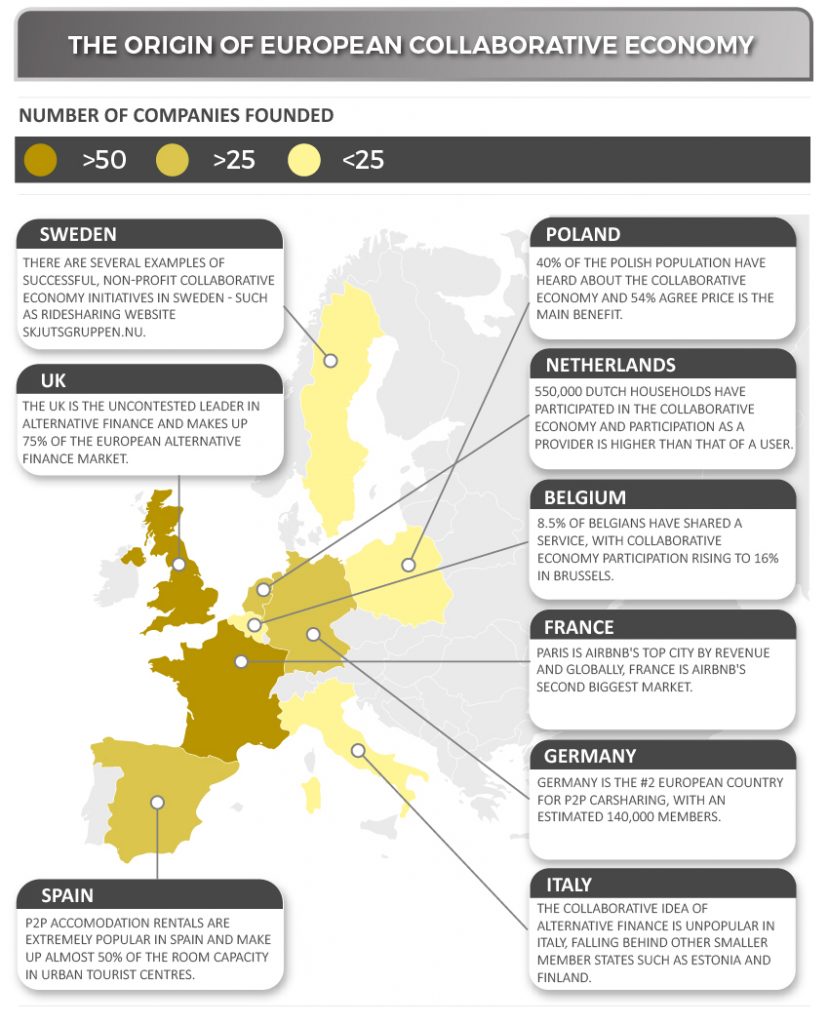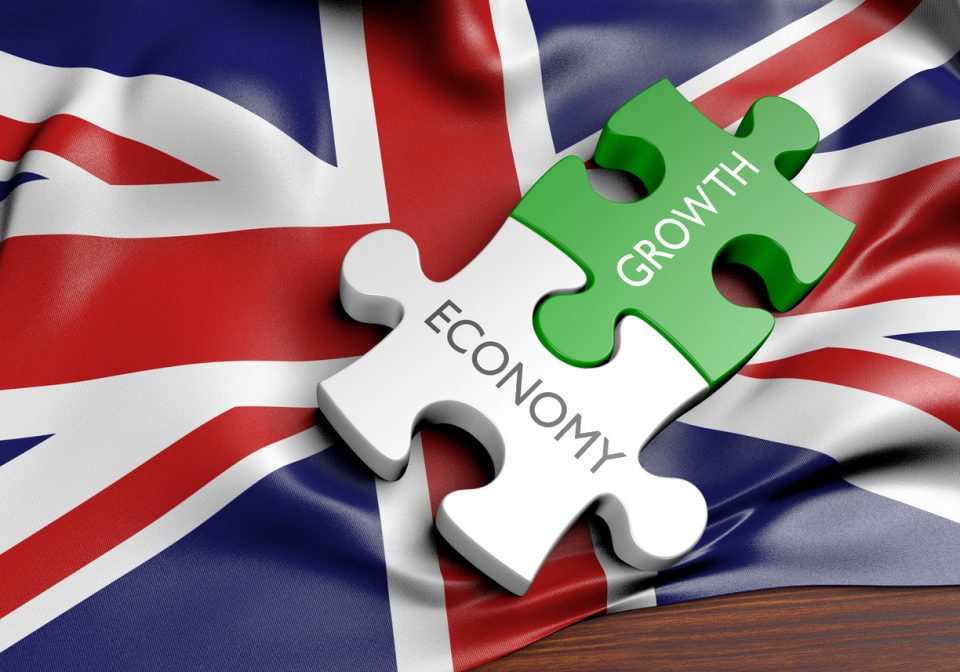In 2017, the idea of a sharing – or collaborative – economy (defined as a socio-economic system built around the sharing of human and physical resources) has enveloped society. Some of the best-known platforms of this type are Uber, Airbnb, eBay and Spotify.
Businesses from the UK, to Spain and Romania are no longer looking inward – rather, outward, toward peer-to-peer (P2P) participation and community.
In fact, peer-to-peer transactions generated by the UK’s five most prominent sharing economy sectors stand to grow by 60% – or £8 billion – in 2017 alone, per recent predictions from PwC.
By 2025, it is projected total transactions in the UK sharing economy could reach £140 billion, up from just £13 billion in 2016: proving the progressive nature of today’s P2P business.
Rob Vaughan, economist at PwC, comments: “Innovation will remain crucial to success in the sharing economy. Several established players branched out into new service offerings in 2016 and we expect them to invest significantly in these this year. The success of these new services will be an acid test of whether sharing economy platforms can eventually become the established leaders of their markets, or will forever be known as the ‘disruptors.’”
 OnBuy.com analysed how the sharing economy in Europe is progressing and discovered at least 275 sharing platforms have been founded in Europe; facilitating 28 billion euros worth of transactions in the past few years.
OnBuy.com analysed how the sharing economy in Europe is progressing and discovered at least 275 sharing platforms have been founded in Europe; facilitating 28 billion euros worth of transactions in the past few years.
The findings showcase the UK and France as sharing economy trailblazers – with over 50 collaborative organisations founded and others continuing to grow.
Following the standard set by the UK and France is Germany, Spain and the Netherlands, each contributing over 25 collaborative economy organisations; while less than 25 collaborative economy organisations were previously established in Sweden, Italy, Poland and Belgium.
Evidently, the idea of a sharing economy has transitioned into something more. Today, it is a residual, socio-economic trend that is fundamentally changing the way societies – and consumers – operate around the world.
OnBuy MD, Cas Paton, comments: “Today’s economy is prime for sharing – from freelance platforms changing the way we work, to food-sharing platforms changing the way communities connect – it’s time for businesses to embrace the concept. In doing so, businesses across the globe can achieve a sustainable way to appeal to a modern-day audience, with far higher reach that is readily accessible.”
Certainly, whilst the rapid development of sharing platforms is considered as an opportunity which is beneficial to the economy, it could prove a challenge for policy makers and regulators to keep up with the pace.
However, though areas such as the UK and France appear to be more progressive than elsewhere in Europe, the fact remains that the trend is continuing to infiltrate borders; albeit more slowly, as trepidation subsides and the urge to connect increases.

